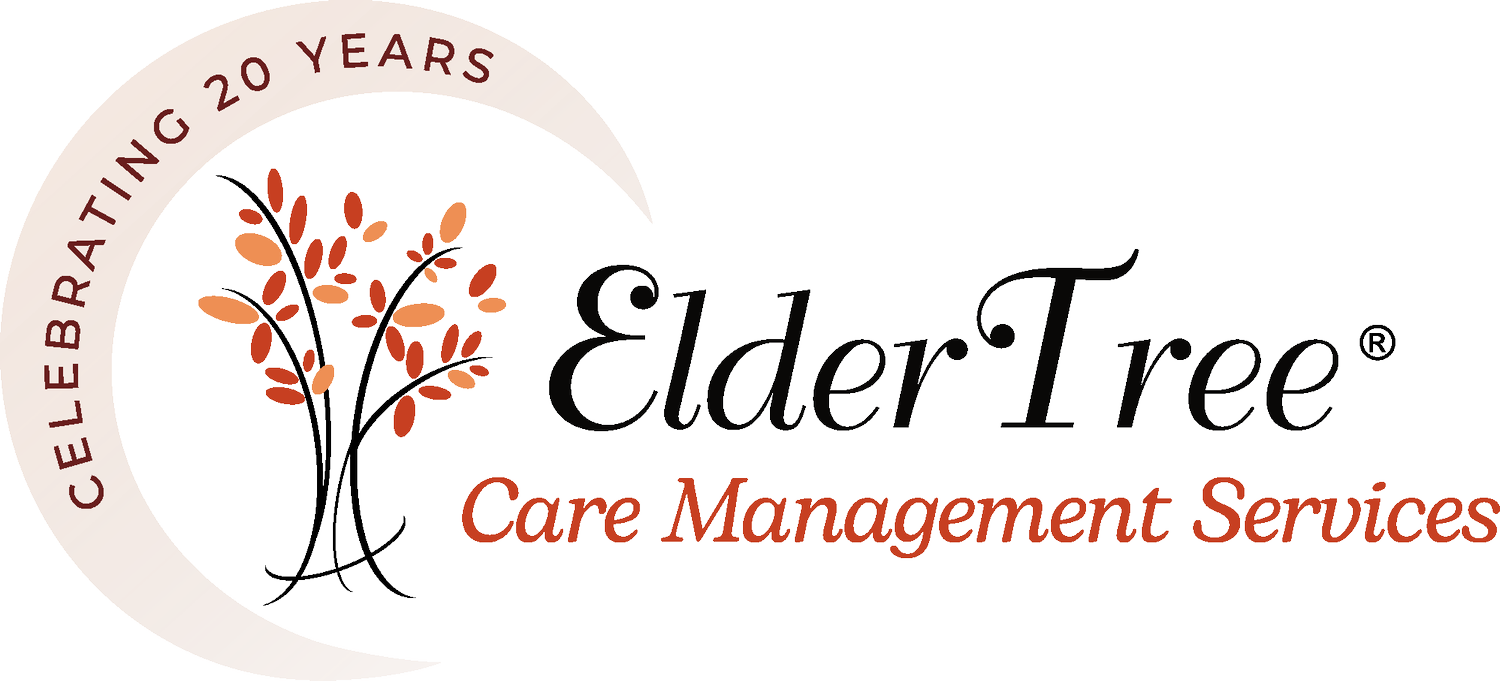Elder Law Resources Blog
Explore Our Comprehensive Elder Law Resources
The duties of taking care of a loved one as they age can often expand past the realm of health and wellness and into the field of legal care. At ElderTree, we're here to help you navigate the wide spectrum of legal matters that profoundly impact elderly clients. Whether you seek guidance in financial and estate planning and guardianship, or navigating the complexities of Social Security and Medicare/Medicaid, our resource page provides valuable information and resources to empower you in making informed decisions for your loved one's well-being and your peace of mind.
Pandemic Impact: More Seniors Considering Assisted Living at Home
As America continues to navigate the COVID-19 crisis, it is well documented that seniors and individuals with chronic medical conditions have been disproportionately affected. Though they make up only 15% of the older adult population, individuals who live in assisted living and long term care communities account for approximately 43% of the COVID deaths.
The Enigma of Continuing Care Retirement Communities (CCRC)
As experts in the field of elder law, you most certainly have had a client who lives in a CCRC or is considering moving to one.
These types of communities have been around for over 100 years and continue to confound families, lawyers, and elder care experts alike. To be clear, while the model itself has a core set of “must-haves” to be considered a CCRC, each community differs significantly from its competitors on a few key factors all of which can be distilled down to one word: CONTRACT.
Mild Cognitive Impairment and legal decision-making
Everyone over the age of 18 should have legal documents in place for estate and health care planning. This has been a truism for years, but the need for health care planning is more acute than ever with our aging population. Unfortunately Care Managers often encounter difficulty in helping clients with cognitive impairments when that client has done their advanced planning.
GAL and Care Manager Collaboration
Creating a care plan prior to the resolution of a guardianship proceeding is imperative to bring the case to closure. The responsibility for doing so falls to the guardian ad litem who is charged with interpreting the client’s medical, psychosocial and financial needs, and making recommendations to the court. This is a daunting task which is made easier by the inclusion of a neutral third-party advocate for the older adult: a care manager.
Care Manager/Elder Law Collaboration
This case was a great example of how ElderTree Aging life Care Managers refer to an elder lawyer when a situation evolves that requires Elder Law expertise.






